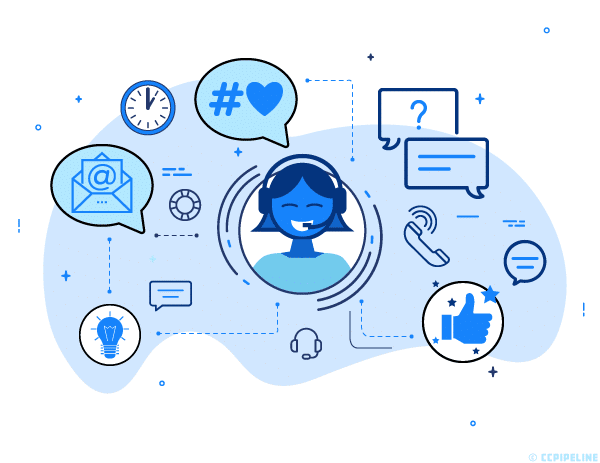From smart speakers in our living rooms to scheduling aids on our phones, artificial intelligence (AI) virtual assistants are becoming indispensable in managing our daily tasks. These AI marvels are not just playing music or setting alarms; they are redefining productivity and the nuances of daily life. In this blog post, we will delve into how AI assistants are reshaping our work and personal tasks, and we’ll touch upon the latest advancements in the field of AI software.
Enhancing Event Planning with AI
Another realm where AI assistants shine is in the field of event management. They can handle complex logistics and guest communications, and now with modern technology, facilitate services like online booking software for events. These systems simplify the process of organizing events, from sending invites to managing RSVPs, reflecting AI’s growing role in streamlining operations across various industries.
The Rise of AI in Daily Life
AI virtual assistants have transitioned from being a futuristic concept to a household staple. Task-based interactions with technology have drastically evolved, enabling users to offload menial tasks to their digital counterparts. The integration of AI into everyday technology has streamlined processes, conserved time, and personalized experiences like never before.
Impact on Personal Productivity
One of the most evident benefits of AI assistants is their ability to enhance personal productivity. With features such as appointment setting, reminders, and quick information retrieval, these assistants make multitasking seem effortless. The digital organization tools they offer have ushered in a new era of time management and efficient task execution.

Advances in AI Software
The AI assistant software of today is leagues ahead of its predecessors. Thanks to machine learning and natural language processing, these tools are more adept at understanding context, managing complex tasks, and even learning from user interactions. This continuous improvement cycle promises smarter and more intuitive assistants in the near future.
Changing Work Environments
In professional settings, AI assistants are not just a convenience; they’re a transformation. They organize emails, manage calendars, and can even draft responses, allowing employees to focus on the core aspects of their jobs. The modern workplace is experiencing a shift toward AI-centric strategies to foster a more efficient and agile environment.
Impact on Lifestyle and Entertainment
AI assistants also play a significant role in lifestyle and entertainment. They control smart home devices, curate music playlists based on our preferences, and serve as the central hub for controlling our digital lives. This seamless integration suggests a future where AI assistants could become the central orchestrators of our personal spaces.
Challenges and Ethical Considerations
Despite the convenience of AI assistants, they bring challenges such as privacy concerns, reliance issues, and the ethical implications of AI decision-making. As AI continues to permeate our lives, addressing these concerns becomes crucial to ensure a balance between utility and individual rights.

Personalization Through AI
The capacity of AI to personalize the user experience is particularly noteworthy. By analyzing our preferences, habits, and behaviors, AI assistants can present us with information and options that are uniquely tailored to our tastes. This level of customization extends beyond simple conveniences, offering a user experience that feels remarkably intuitive and intimately aware of the individual’s needs and desires.
Integration with Wearable Technology
As wearable technology becomes more sophisticated, AI assistants are finding new homes on our wrists and even in our clothes. This level of integration allows for a more dynamic interaction between users and their AI companions, providing real-time assistance and data analysis to improve health outcomes, optimize workouts, and offer a more connected lifestyle experience.
Fostering Global Connectivity
AI assistants are contributing to a more connected world by breaking down language barriers and facilitating international communication. With real-time translation features and the capacity to understand and express multiple languages, these intelligent systems enable us to communicate more effectively with people from diverse linguistic backgrounds, opening the door to closer global collaboration and understanding.
Conclusion
AI virtual assistants are more than a technological fad; they are fast becoming a crucial element in enhancing human capabilities. As we witness AI’s evolution from simple command-based interactions to complex task handling and learning capacities, it becomes apparent that these intelligent systems will continue to significantly alter our productivity and lifestyle patterns.
While the future of AI is bright and promising, it is incumbent upon us to shape these developments responsibly, with attention to the societal implications they carry.














Leave a Reply